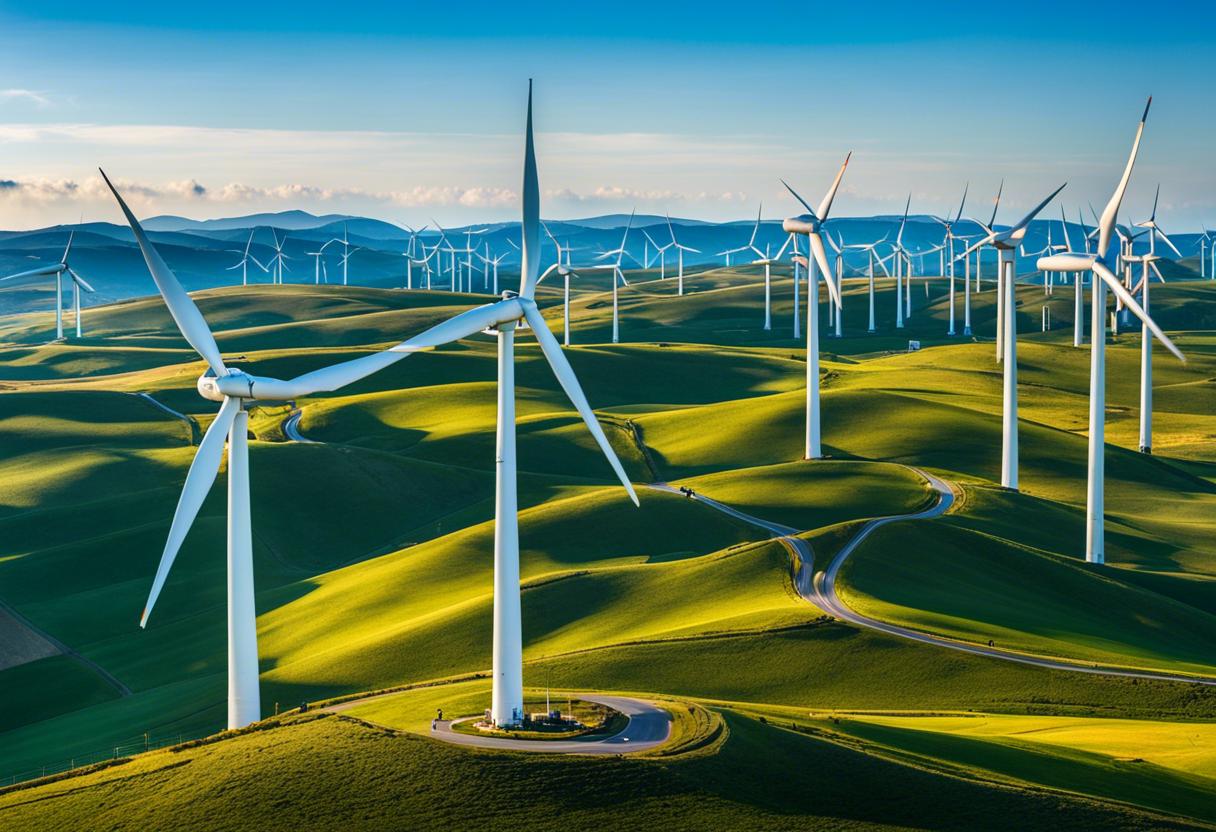Diageo plans to invest over €100 million to convert its prominent St. James’s Gate location in Dublin into an eco-friendly site, eliminating the use of fossil fuels in its beer-making process. By 2030, the company will utilise a mixture of grid-powered heat pumps and onsite-produced biogas for its energy needs, made possible by a newly constructed water recovery facility. This shift will also result in a 30% reduction in water consumption for Guinness production.
This significant investment was unveiled at St. James’s Gate and was attended by Simon Harris, Taoiseach of Ireland; Peter Burke, Minister for Enterprise, Trade, and Employment; and Leo Clancy, CEO of Enterprise Ireland, which is providing state-backed funding for this initiative.
This green transformation will allow St James’s Gate to completely untether direct brewing operations from fossil fuels, leading to at least a 90% decrease in Scope 1 and Scope 2 greenhouse gas emissions produced by the site. This aligns with the net-zero definition of the Science Based Target initiative and is exclusive of emissions from their suppliers.
Diageo’s move was praised by Taoiseach Simon Harris for leading the path towards sustainable business practices and showing others in the industry why and how they should decarbonise. He added that this move sent a potent signal globally, especially since St James’s Gate, the largest stout brewery worldwide, is a famous tourist site along with the adjacent Guinness Storehouse. He commended Diageo’s dedication towards transitioning into a greener future and the government’s commitment to helping both large corporations and SME’s achieve their environmental goals.
Ms. Crew declared that St. James’s Gate, a location of historic importance and the home of an emblematic brand, has secured the long-term future of Guinness through continued investment, 260 years into their 9,000-year lease.
Mr. Clancy referenced Diageo’s investment as a significant project in Ireland’s endeavours to decarbonise, stressing Enterprise Ireland’s dedication to backing businesses moving towards a low-carbon economy. This includes exploiting new markets created by decarbonisation and job creation.
Diageo has announced firm steps to diminish its emissions complying with a 10-year Environmental, Social, and Governance action plan, preparing for a zero-emission future in its direct processes. The next phase involves the presentation of a planning application for a decarbonisation project to the Dublin City Council later this year. Prior to this submission, there will be discussions with industry experts and local communities and their spokespersons.

